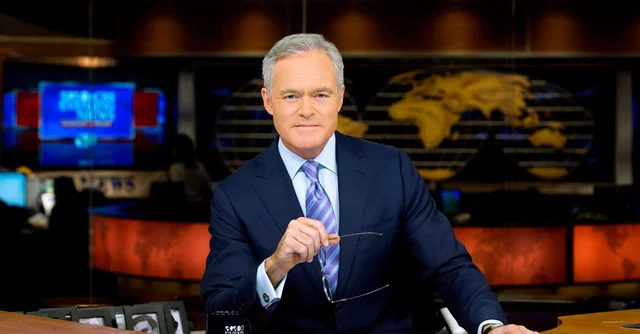In a rare and electrifying moment, 60 Minutes made waves this week by openly criticizing its corporate owner, Paramount Global, during its own broadcast. The legendary news magazine, a staple of American television journalism for over 50 years, used its prestigious platform to air grievances usually kept behind closed doors. The 60 Minutes rebuke has now become a major talking point across newsrooms and social media.
A Bold Stand: 60 Minutes Rebukes Its Parent Company
Sunday night’s episode of 60 Minutes took an unexpected turn. Correspondent Lesley Stahl, an icon herself, introduced a segment that seemed standard until the report sharply pivoted. In clear, deliberate language, the broadcast scrutinized Paramount Global’s handling of journalistic standards amid growing corporate pressures. The segment accused its parent company of putting profits over integrity.
Such public self-reflection is extremely rare, especially from a program as respected as 60 Minutes. It signals the severity of internal tensions between journalists and corporate executives.
Key Points from the Segment:
- Paramount Global’s cost-cutting moves have rattled newsroom staff.
- Concerns about editorial independence were raised explicitly.
- Veteran journalists expressed fears about the future of honest reporting.
The media world responded instantly. Many applauded the show’s bravery, while critics questioned whether it was too little, too late.
Why the 60 Minutes Rebuke Matters So Much
The 60 Minutes rebuke isn’t just corporate drama. It strikes at a deeper worry within the media industry: the conflict between truthful journalism and corporate profitability. In an age where newsrooms are shrinking and sensationalism often wins ratings, the editorial independence of a show like 60 Minutes matters.
Challenges Highlighted by the Incident:
| Issue | Impact |
|---|---|
| Corporate Interference | Threat to Journalistic Integrity |
| Budget Cuts | Loss of Investigative Depth |
| Talent Exodus | Weakening of Experienced Reporting |
This conflict isn’t isolated to CBS or Paramount Global. Across the board, respected news outlets face increasing pressure to do more with less, and to deliver content that prioritizes clicks over truth.
Industry Experts Weigh In on the 60 Minutes Corporate Tension
The reaction to the 60 Minutes episode has been swift. Journalists, media professors, and industry insiders are offering pointed commentary on what this moment means for the future of American journalism.
Some key reactions include:
- Jeff Jarvis, journalism professor: “This moment was about more than just one network. It reflects the existential threat facing journalism today.”
- Margaret Sullivan, media critic: “The integrity of programs like 60 Minutes has always rested on editorial independence. That foundation seems more fragile now.”
The editorial decision to air such a bold segment could set a new precedent for media transparency — or it might trigger corporate retaliation behind the scenes.
Timeline: Recent Events Leading to the 60 Minutes Uproar
To understand how things reached this boiling point, here’s a timeline of events:
- Early 2024: Paramount Global initiates sweeping budget cuts.
- Mid-2024: Reports of internal dissatisfaction at CBS News surface.
- April 2025: On-air rebuke by 60 Minutes shocks viewers and industry experts alike.
Such developments showcase the growing unease among journalists tasked with maintaining credibility under corporate ownership.
Looking Ahead: What’s Next for 60 Minutes and Journalism?
What happens next for 60 Minutes could shape the broader future of televised journalism. If Paramount Global attempts to punish or restrict the show’s editorial autonomy, it could provoke an even larger backlash — from viewers, journalists, and even lawmakers.
Possible Future Scenarios:
- Greater public support for independent journalism initiatives.
- Stricter government scrutiny over media consolidation.
- Erosion of trust if corporations tighten their grip over newsroom content.
The courage shown by 60 Minutes could inspire other journalists to speak out. However, it also exposes the vulnerabilities in modern media structures.
Final Thoughts: Why 60 Minutes’ Defiant Stance Is Just the Beginning
The explosive criticism aired by 60 Minutes isn’t just a headline — it’s a warning. Journalism cannot thrive when subjected to unchecked corporate interests. Sunday’s broadcast could mark a turning point if audiences, advertisers, and even policymakers push back.
As loyal viewers, we must stay engaged, stay critical, and continue supporting those willing to defend journalistic truth.
In an era of disinformation and media skepticism, brave acts like these remind us why journalism matters more than ever.
